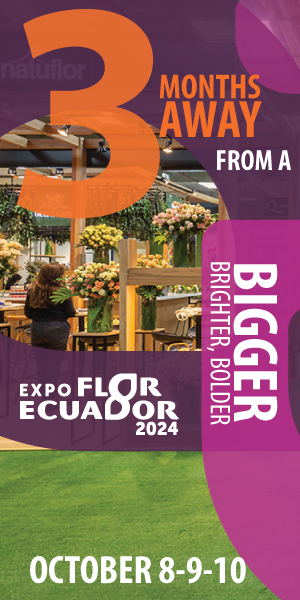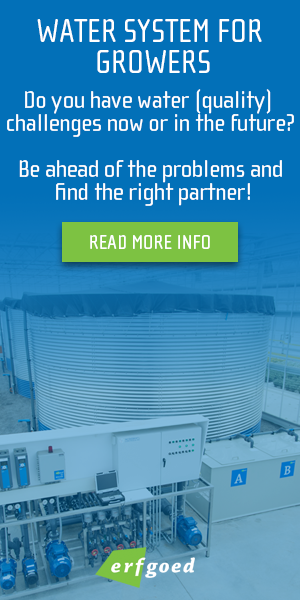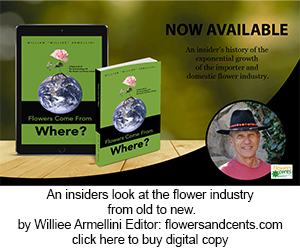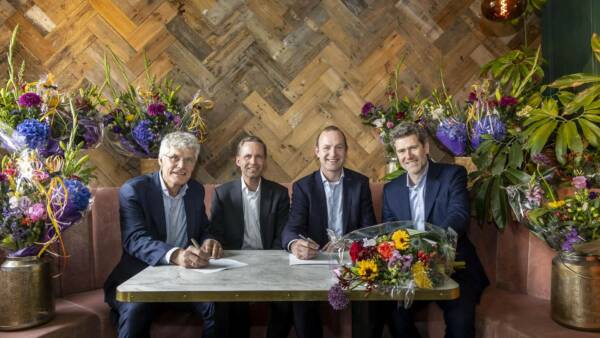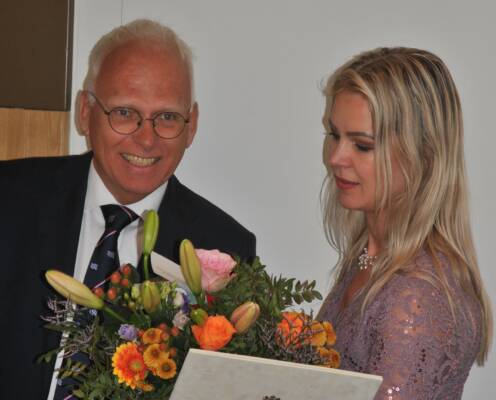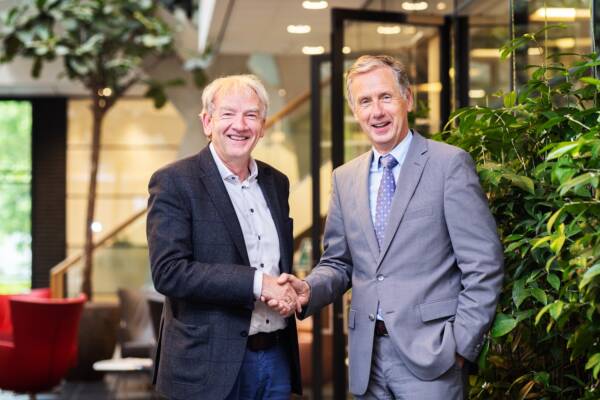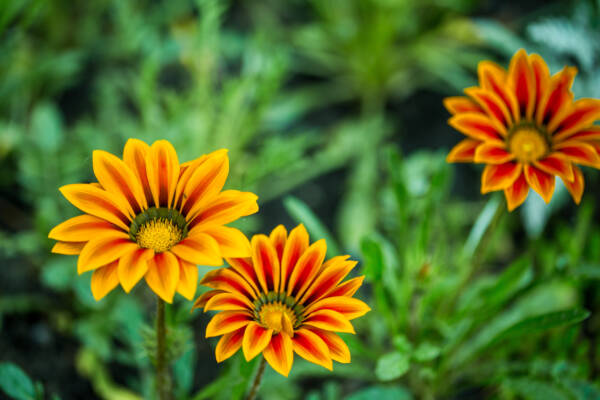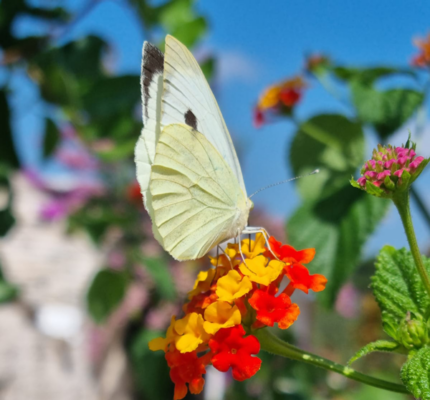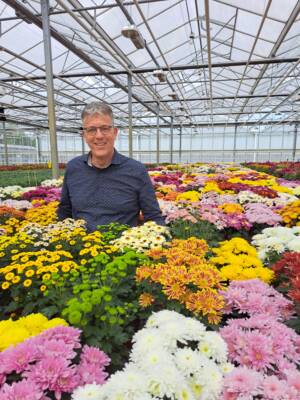Edward Verbakel, winner of the 2013 Westland Inspiration Award, is CEO of VB Group, a forward-thinking engineering company specialising in revolutionary turnkey and geothermal greenhouse projects. Sustainability is embedded in the soul of the VB Group and its activities.
What are the key elements of VB’s sustainability strategy?
“We focus on climate. Our engineering teams determine the ideal circumstances for plants in controlled agricultural environments. If the outside climate is not ideal for growing vegetables or flowering plants, our solutions ensure that people can eat safe, healthy food and enjoy fresh flowers year-round. Drivers are climate change, food safety, local-for-local and a growing world population.”
What are the primary goals of your sustainability strategy?
“To contribute to sustainability by helping our clients use less natural resources and to be a long-term partner with them and our suppliers. Long-term is also sustainable! Next to that we aim to be an attractive employer and profitable for the benefit of the company’s future.”
How can VB create sustainable growth solutions?
“The Dutch horticultural sector is still a leading industry in the world. Its energy and water footprints are substantially better than that which export markets offer. We believe that climate change will continue to lead to a transformation from open-field crops to covered crops. Not all will, or can, use the high-end solutions we provide but there definitely is a world to win.”
What are the barriers to making a difference in sustainability?
“Not too long ago, our industry was in the midst of an economic crisis which led to a reduction in R&D. Despite that, we invested heavily in deep geothermal well connections. Now, we are facing high demand and the resources we are missing are human capital and time. We need room to grow and our new home should allow us to do so.”
What horticultural project you are most proud of?
“I am very grateful for all of those who have selected us as their project partner. Our strategy is to join those who have the vision to become a long-term sustainable player in the horticultural market. We have already realised 14 deep geothermal well connections to greenhouses out of the 18 initiatives that are currently in operation. Together they represent more than 3 Petajoules of energy-saving on an annual basis.”
What is the value for VB Group of displaying its sustainable growth solutions at the forthcoming Greentech show?
“The main value is in promoting our company and indirectly our industry. Trade shows like Greentech attract huge crowds to which we can present contemporary solutions in horticulture. Greentech is also an annual reunion during which we catch up with our international friends for whom we have worked before.”
In the Netherlands approximately 9,000 ha is dedicated to greenhouse production of fruits, vegetables, potted plants and flowers and starter plants. At the turn of the century the area of greenhouse production was around 10,500 ha. VB is a proud citizen of the Westland region, greenhouse capital of the Netherlands which is home to around 25% of the country’s greenhouses. Is there still enough critical mass?
“This is a chicken and egg situation. The critical mass is there but it consists of too many individuals. Dutch growers have to be either unique or focus on economies of scale. Coalition HOT is trying to reorganise the Westland greenhouse layout where possible but there is still a long way to go. Westland is also working on a large district heating network that could connect all the existing and future deep geothermal initiatives and this will then become a large energy web to which most greenhouses can be connected. In order to justify this giant energy infrastructure Westland is in need of profitable greenhouse growers. The question is whether the Westland Energy Web will allow for the required level of profitability? Time will tell!”
Growers are becoming increasingly involved in measuring their carbon footprint? Should they include their greenhouse structure when measuring their carbon emissions? If so, what is the carbon footprint of a glasshouse?
“Let us first compare glass and poly (plastic) greenhouses. Out of the total covered agricultural area worldwide, less than 10% consists of glass. More than 90% of plastic covered greenhouses renew their roofing every so many years. Imagine the reduction of the waste stream of all that plastic if it was replaced with glass greenhouses. We, as an industry, are also obliged to improve our production process with the aim to becoming more sustainable.”
Aluminium, steel and glass take a remarkable amount of energy to produce for the construction of a greenhouse which has an average life span of 10-15 years…?
“Reference is made to a 10 to15 year economic life span. However, the technical life span is much longer. Much of the Dutch greenhouses find a second owner and are rehomed around the world. Often, a second-hand greenhouse, originating from Holland provides better growing conditions than structures which are available locally. The Dutch greenhouse construction industry was ‘circular’ long before the term was invented.”
Dutch industrial companies have a key role to play in repositioning the Netherlands to thrive in a low-carbon future. Many variations of the semi-closed greenhouse and even a Greenhouse Without Gas have been built, all using renewable energy sources. Is energy transition in Dutch greenhouse production a mission possible or impossible?
“Successful or unsuccessful, all initiatives have gathered an enormous set of data and information allowing us to further improve current technologies. We believe semi-closed systems allow better benefits from natural ventilation than closed ones. It’s a mission in progress.”
VB Group is an expert in the use of geothermal heat. What is the minimal requirement for a solid business case in terms of geothermally heated greenhouses?
“When joining forces forward-thinking entrepreneurs can create a critical mass to share the profits and risks associated with deep geothermal heat sources. It all boils down to a well though-out business plan and a realistic feasibility study. To increase the feasibility the Dutch government provides additional grants and guarantees.”
There’s an alternative energy source for greenhouse production: hydrogen (H2) fuel. Do you believe this is the missing link in energy transition?
“It could very well be! Or some alternative source that is not yet discovered. For VB this is too broad a subject and too capital intensive to develop by ourselves. Since last year, we have been in contact with Royal Dutch Shell and we hope to be able to collaborate more with them to explore sustainable solutions together.”
In terms of energy transition what do you think is the most sustainable growth solution that deserves more attention?
“LED grow light solutions. There is still so much to learn about what PMC has to offer. Our clients that are using are becoming increasingly enthusiastic.”
How do you prioritise sustainability in your personal life?
“My wife and I have two beautiful daughters who are still too young to realise what the current climate change will mean for their future . I am afraid that our children will pay the bill for our misbehaviour. Whilst we all have a role to play in making a positive change for future generations we should focus on the industrial sectors and countries that can make the biggest difference and make them of the importance of their role. Let’s make the changes that future generations would want us to make…
VB Group quick facts
The two brothers Joop and Aad Verbakel started glasshouse heating firm J & A Verbakel Verwarming in De Lier, Netherlands in April 1966. Initially they designed and manufactured customised heating solutions for Dutch greenhouse growers but quickly expanded their business into Belgium, Germany and France. The early 1970s marked the start of their first USA branch with Long Island near New York being the company’s first American heating project. By merging with Bomkas Greenhouses in 1983 the Verbakels broadened their product. The combined forces of Verbakel/Bomkas proved fruitful as markets in Saudi Arabia, China, India and, later, the fall of the Iron Curtain opened the door to Eastern and Central Europe. Under pressure of the economic setback in 1992, Verbakel/Bomkas stopped producing the whole product and decided to outsource certain parts.
To date, the family business provides a complete turnkey solution for its clients; always working to bring innovation and advancements in both design and technology. The people of VB Group remain strongly attached to the horticultural business but at the same time have never shied away from more unconventional projects. As such they earned a reputation for being one of the first Dutch companies to install an undersoil heating system for Dutch football club PSV Eindhoven in 1996, marking the first steps into the energy and utilities market.
A year later, Aad’s son, Edward, joined the business primarily to focus on foreign markets. When Joop Verbakel retired in 2005 the company was entering a period of growth and maturity. The opening of the new VB headquarters at the Jogchem van der Houtweg in De Lier coincided with the company’s 40th anniversary and marked another milestone. Fuelled by strong demand abroad Verbakel Bomkas changed its name in 2012 to VB Group.
On April 6, 2016, departing CEO and co-founder Aad Verbakel was made a Knight in the Order of Orange Nassau. This royal honour was presented by Westland’s mayor Mr. J. van der Tak.
Photos: Bianca Fenne






















